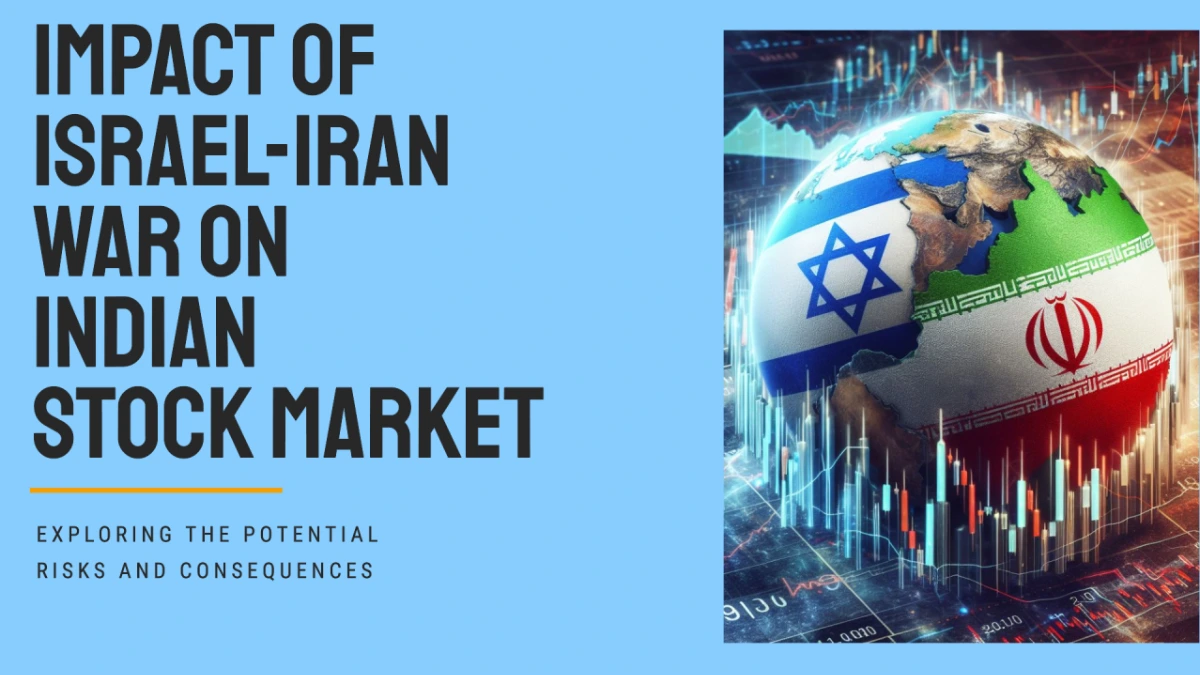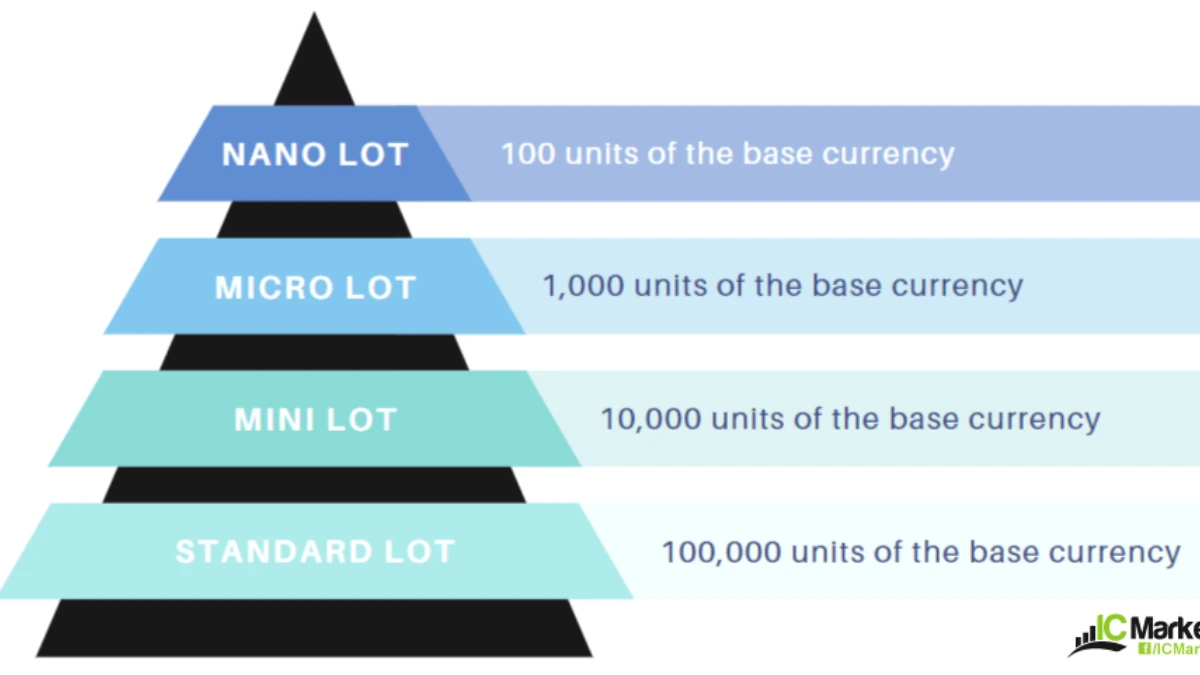When a company decides to expand or raise capital, one of the most effective ways is by issuing shares. But what exactly does this entail? Whether you’re an investor or a business owner, understanding the intricacies of share issuance is crucial. In this comprehensive guide, we’ll break down the meaning of share issuance, explore different types, and walk you through the steps involved in the process.
Issuing shares is one of the cornerstones of modern corporate finance, and the method a company chooses can have significant implications for its growth and governance. From Initial Public Offerings (IPOs) to Rights Issues and Bonus Shares, the mechanics of share issuance are vital in determining how companies grow, attract capital, and manage their shareholders.
Table of Contents
What is the Issue of Shares?
Definition of Share Issuance
The issue of shares refers to the process through which a company distributes new shares to existing or potential shareholders. This practice is a fundamental means of raising capital, enabling companies to finance projects, expand operations, or even pay off debts.
Think of a company as a pie, with each share representing a slice. When the company issues new shares, it essentially sells more slices of the pie, which increases ownership distribution among more shareholders while also raising money. Established corporations like Reliance Industries and TCS have used share issuance strategies to fund their rapid expansions and business operations.
Share issuance is not limited to large corporations, however. Small and medium-sized enterprises (SMEs) also use this method to inject fresh capital into their businesses, and startups often issue shares in the form of private placements or venture capital to fuel their growth.
Why Companies Issue Shares
Companies choose to issue shares for various strategic reasons, and these decisions often align with their long-term goals.
Raising Capital
The most common reason for share issuance is to raise capital. By selling shares to the public or private investors, companies can gather significant funds without taking on debt. This is especially useful for new businesses that are expanding rapidly but may not yet be profitable.
Expansion
Issuing new shares can help finance a company’s expansion plans. Whether opening new offices, launching new products, or investing in research and development, companies can use share capital as a key tool to grow and scale their operations.
Paying Off Debt
For companies looking to reduce their debt burden, share issuance offers a way to pay off loans without needing to generate income immediately. Instead of relying on revenue or profit margins to clear their liabilities, companies can issue new shares to secure much-needed cash to pay off existing debts.
Rewarding Employees
Many companies, particularly those in the tech sector, issue shares to their employees in the form of stock options. This practice aligns employees’ interests with the company’s growth, as they stand to benefit financially if the company performs well. Infosys, for example, has used stock options to attract and retain top talent.
Different Types of Share Issuance
There are various ways a company can issue shares, each with its own benefits and legal implications. Choosing the right method depends on factors such as the company’s stage of development, its capital requirements, and its shareholders’ expectations.
Initial Public Offering (IPO)
An Initial Public Offering (IPO) is the most well-known type of share issuance, where a private company offers its shares to the public for the first time. In an IPO, a company “goes public” by selling a portion of its equity to outside investors. This process enables the company to raise large sums of capital, often leading to substantial growth.

For instance, Zomato’s IPO in 2021 garnered significant attention. As one of India’s largest food delivery platforms, Zomato raised approximately ₹9,375 crore through its IPO, marking its transition from a private startup to a publicly listed company on the stock exchange. The IPO allowed Zomato to fund its expansion plans, develop new technologies, and gain market dominance.
Key Takeaways of an IPO:
- Suitable for established companies seeking large-scale funding.
- Provides liquidity for founders and early investors.
- Involves stringent regulations and disclosures.
Follow-on Public Offer (FPO)
A Follow-on Public Offer (FPO) is issued by a company that has already gone public and involves offering additional shares to the market. Unlike an IPO, which introduces a company to the public markets, an FPO allows an already listed company to raise more capital from new or existing shareholders.

Companies typically use an FPO to fund expansion plans or reduce debt. The process helps companies raise fresh capital without needing to issue bonds or take on new loans. State Bank of India (SBI) has conducted multiple FPOs to raise capital for its banking operations.
Key Benefits of an FPO:
- Can raise large amounts of capital without increasing debt.
- Maintains control with existing shareholders while bringing in new investors.
- Strengthens balance sheets and improves cash flow.
Rights Issue
A Rights Issue is another popular method for companies to raise funds by offering new shares to existing shareholders. In a rights issue, shares are offered at a discount, and shareholders have the option—but not the obligation—to purchase additional shares based on their existing holdings.

For instance, Tata Motors conducted a successful rights issue in 2020, where it raised funds to mitigate the impact of the COVID-19 pandemic. By offering shares at a lower price, Tata Motors gave shareholders an attractive opportunity to increase their investment in the company while helping it weather financial difficulties.
Key Features of a Rights Issue:
- Offered at a discounted price to existing shareholders.
- Does not dilute the ownership percentage of shareholders if they participate.
- Quick method for raising capital during challenging times.
Bonus Share
A Bonus Share issuance occurs when a company offers additional shares to its current shareholders for free, based on the number of shares they already own. This action is typically taken by companies with large reserves but limited liquidity. By issuing bonus shares, companies reward existing shareholders while signaling strong financial health.

Bonus shares do not involve raising fresh capital; instead, they increase the shareholding base and often enhance investor sentiment. Infosys is one company that has regularly issued bonus shares as part of its shareholder reward strategy.
Key Aspects of Bonus Shares:
- Issued free of charge to existing shareholders.
- Do not affect company liquidity or raise new capital.
- Commonly viewed as a positive signal of company growth.
Steps Involved in the Issuance of Shares
Issuing shares is a multi-step process that varies depending on the method chosen, but generally follows similar legal and procedural guidelines. The steps ensure transparency, protect investor interests, and ensure compliance with regulatory bodies such as the Securities and Exchange Board of India (SEBI).
Step 1 – Issue of Prospectus
A prospectus is a formal document that companies must release when they offer shares to the public. It contains vital information about the company’s business, financial performance, management structure, and the terms of the share issuance. Public companies are required by law to issue a prospectus as part of their compliance with SEBI regulations.
The prospectus serves as a detailed invitation to potential investors, helping them make informed decisions about whether to invest in the company. Private placements, however, do not require a prospectus but must adhere to other regulatory guidelines.
Step 2 – Application for Shares
Once a prospectus is issued, interested investors can apply for shares. The application process is straightforward and typically involves filling out forms provided by the company or its underwriters.
At this stage, a company will determine how many shares are being applied for compared to how many are available. If the demand exceeds supply, the company may either scale back applications (partial allotment) or issue shares on a pro-rata basis.
Step 3 – Allotment of Shares
After receiving all applications, the company will allocate shares to successful applicants. The allotment process ensures fairness and transparency, with clear records kept of how shares are distributed.
If the company does not receive enough applications to meet its required minimum subscription, it may decide to cancel the issuance and refund the application money.
Step 4 – Calls on Shares
Companies can collect payment for shares in multiple installments. These are known as “calls.” For example, when shares are first issued, a portion of the payment may be collected upfront, with subsequent installments requested over time. This process is common for large companies issuing high-value shares.
If a shareholder fails to pay any of the installments, the outstanding amounts are classified as calls in arrears, and the company may take action to recover the dues.
Step 5 – Post-Issuance Compliance
After shares are allotted, companies must file the necessary paperwork with regulatory bodies like the Registrar of Companies (RoC) and ensure compliance with SEBI rules. This includes filing annual returns, maintaining shareholder registers, and disclosing relevant information to the public.
Conclusion
Understanding the issue of shares is essential for both investors and businesses. Whether through IPOs, rights issues, or bonus shares, issuing shares is one of the most effective ways for companies to raise capital, expand operations, or manage their debts. By following proper procedures and regulatory guidelines, companies can ensure that their share issuance process is transparent, efficient, and beneficial to all stakeholders.
For investors, participating in share issuances offers an opportunity to own a stake in a growing company, diversify portfolios, and potentially reap the rewards of future growth.
You May Read Also: Impact of Iran Israel War on the Indian Stock Market
You May Read Also: Gold Vs Mutual Funds – Which Is a Better Investment Option?
FAQs Related to Issue of Shares
1. What is meant by the issue of shares?
The issue of shares refers to the process by which a company allocates new shares to investors, either public or private. This is a method for raising capital, allowing businesses to expand, pay off debts, or fund new projects.
2. What are the steps of issuing shares?
The steps involved in issuing shares typically include:
Issuing a prospectus or disclosure document
Receiving applications from potential investors
Allotment of shares based on the applications
Payment collection (in installments if applicable)
Post-issuance compliance and reporting to regulatory bodies
3. What are the two methods of the issue of shares?
The two main methods of issuing shares are:
Public Issue: Shares are offered to the general public through an IPO or FPO.
Private Placement: Shares are offered to a select group of investors rather than the public.
4. शेयरों के निर्गम से क्या अभिप्राय है?
शेयरों के निर्गम से तात्पर्य उस प्रक्रिया से है जिसमें एक कंपनी अपने शेयरों को नए या मौजूदा निवेशकों को आवंटित करती है। यह पूंजी जुटाने का एक साधन है जिससे कंपनी अपने विकास, ऋण भुगतान, या परियोजनाओं के लिए धन प्राप्त करती है।
5. What are the two types of shares?
The two main types of shares are:
Equity Shares: Commonly known as ordinary shares, these offer voting rights but variable dividends based on company performance.
Preference Shares: Shareholders receive fixed dividends but usually have no voting rights.
6. How many types of the issue of shares are there?
There are several types of share issuances, the key ones being:
Initial Public Offering (IPO)
Follow-on Public Offering (FPO)
Rights Issue
Bonus Shares
Private Placement







